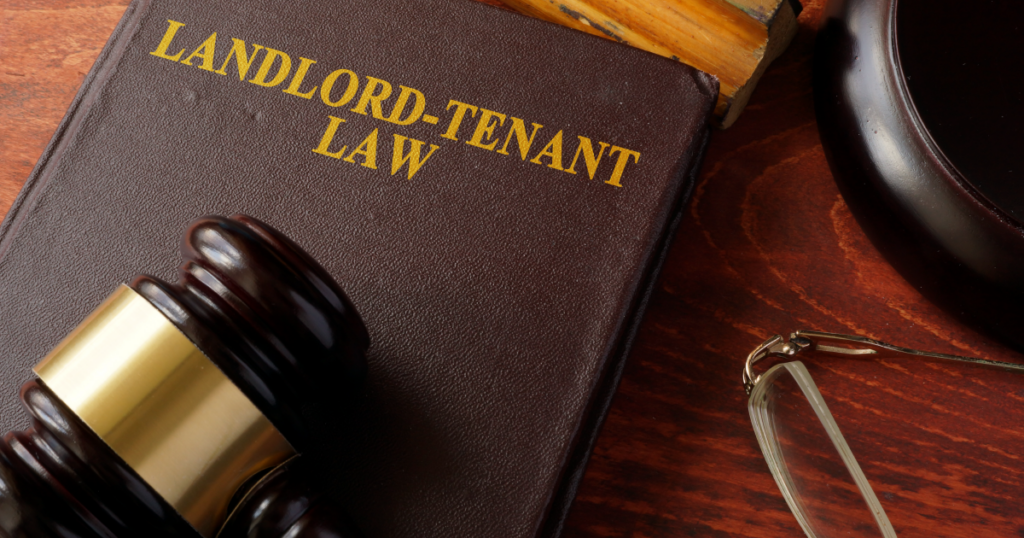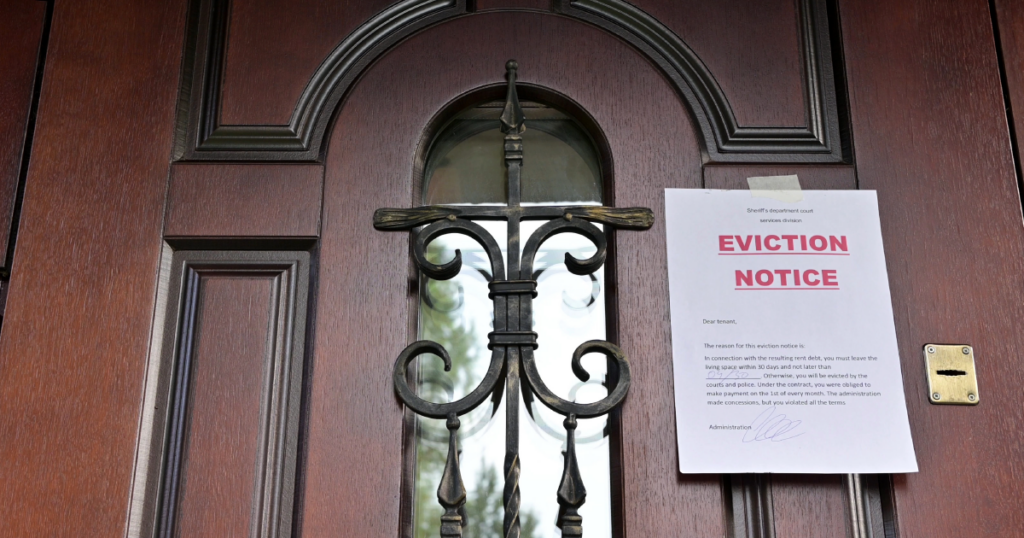As a tenant, one of the most significant concerns you may have is whether your landlord can evict you from your rented property. It’s essential to know your rights and obligations as a tenant to avoid any legal issues during your period in the rental. Tenant eviction is a legal process whereby a landlord forces a tenant to leave a rented property upon the violation of a tenancy agreement. This violation or breach can be due to issues such as not paying rent, damaging the property, or engaging in illegal activities.
Tenants have certain legal rights and protections that landlords must respect, and eviction is not always an option for landlords, even if they believe that the tenant has breached their agreement. There are specific laws and regulations that govern tenant evictions, and landlords must follow the legal process to avoid any legal repercussions.
Table of Contents
The Landlord and Tenant Bill 2021

The Landlord and Tenant Bill 2021 in Kenya seeks to consolidate all laws on residential and commercial tenancies and to ensure regulation of the rental sector. It aims to balance the interests of landlords and tenants. The bill also seeks to promote the sustainable growth of the rental sector in Kenya. The bill proposes the establishment of regulatory tribunals to resolve disputes among landlords and tenants. It also determines rent and service charge payable. It also regulates rent increases and decreases, termination of tenancies, subletting, landlord’s responsibilities, and penalties for breach of provisions. The bill was passed by Parliament and gazetted in February 2021.
In this blog, we talk about tenant evictions and how to know if your eviction is warranted. Once you know your rights as a tenant, it is not easy for a landlord to take advantage of you. Below are common reasons that can get you evicted by your landlord if he files to get an eviction notice from the court.
1. Late Payment of Rent

Most landlords require you to pay rent by the 5th of every month, failure to which they close your door with a padlock which prevents you from gaining access to your house. Do you know that when a landlord does this, they are breaking the law?
Usually, you will agree to pay your landlord rent for a specific period before you move to a new house. In some cases, you will sign a lease agreement which you must abide by and follow what it stipulates. If you don’t pay rent, then you are violating the terms of the agreement which will eventually get you evicted.
According to the law, when a tenant pays the rent late, the landlord should serve you with a 30-day notice to give you time to raise the rent money. If not, they are allowed to evict you from the premise. However, a landlord will not be allowed to seize a tenant’s property for default in the payment of rent, or for the breach of any other obligation of the tenant without legal process.
2. Disturbing the Neighbours
Before moving to a new neighborhood, it is difficult to know who your neighbors are and what behaviours they have. Until you move in, that’s when you get a feel of the new place. If you disturb the peace of other neighborsthe landlord can evict you from the premise. Examples of these behaviors include: playing loud music, or even leaving piles of rubbish in the wrong place
Some people find it difficult to approach the neighbours who are causing havoc. They will find it easier to make the complaint to the landlord who will talk to you to change. If the landlord approaches you, it is in your best interest to make the necessary changes. This is to avoid interfering with the peace and quiet of other tenants. But if more tenants are complaining about you, the landlord can serve you an eviction notice.
3. Damage to Property

A landlord can evict you from the house if you damage his property. Damage goes further than the usual wear and tear like paint peeling off or kitchen stains on the wall. Damage that would warrant an eviction is when a tenant intentionally ruins the property; for example, creating a hole in the wall.
Keep in mind that such damages can affect the chances of you getting your rent deposit back when the time to move comes. If you want to repair the damage yourself, you can speak to the landlord and agree on who will do the repairs, or if you can send the money to the landlord to do the fixes himself.
4. Not Moving After Lease Ends
If you sign a lease agreement to stay in a house within a specified period of time and avoid moving after it comes to an end, a landlord can file for eviction. Most leases renew on a month-on-month basis. A landlord then can serve you a notice. This will state that you have “x” amount of days to vacate the property before they serve you with a notice.
Can I Sue My Landlord?
There are many other reasons that can warrant an eviction from the landlord. But what if you feel that he has evicted you illegally and want to sue him? Yes. You are can sue the landlord, but it is going to be an expensive affair for you. Waiting for the hearings in court take forever and they are expensive. There are long queues in court which frustrate the entire process.
Knowing your rights as a tenant can go a long way in knowing what warrants a legal eviction. If the eviction has been done illegally, you will know what steps to take. Landlords harass tenants who don’t know what the law states about evictions. To avoid such scenarios, make sure you ask for a lease agreement before you move into the new house. Ensure that you read and understand it before signing the agreement. If you then feel like the landlord is evicting you illegally, send him /a copy of your lease with sections of the law to make him know that you are aware of your rights as a tenant.



